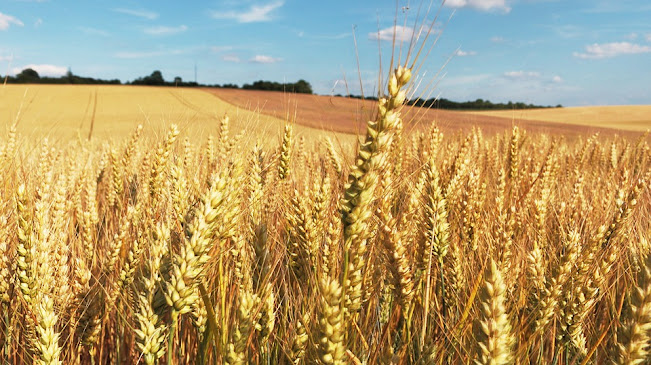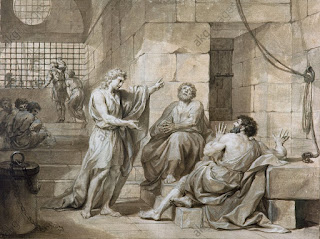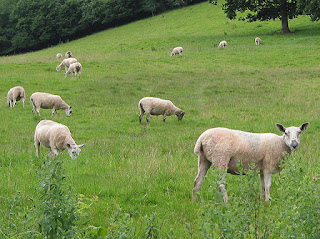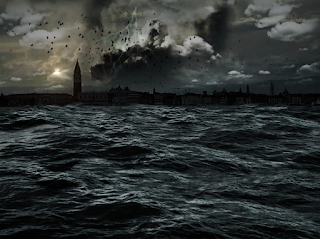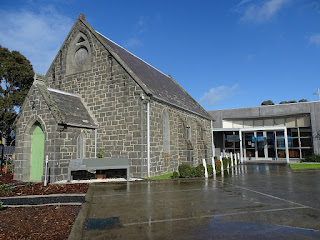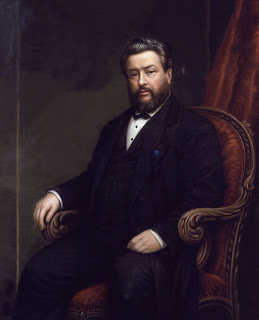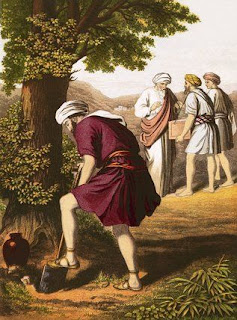The Story - Escaping Captivity
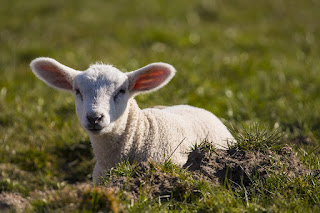
The family of Israel is settling into their new home in Egypt, in the land of Goshen, and they have the Pharaoh's favor. They're some of the only shepherds in the land, and are living prosperously—and, of course, it helps that Joseph is so prominent in the house of Pharaoh. And they all live happily ever after. Heh. If only—but though fairy tales contain a lot of truth, the endings to the stories we live out don't always wrap up so cleanly. While Joseph is alive, he and his father and brothers prosper. And for many years afterwards, the Israelites continue to multiply and grow in strength. God is blessing his chosen people, and he's fulfilling his promise to make Abraham a great nation. Unfortunately, Joseph (like most humans) dies. And so does his favor in the eyes of the Egyptians. Four hundred years after Joseph's death, the Israelites have grown enough to rival the strength of the Egyptians. The old Pharaoh has come and gone, and been replaced by a handful
